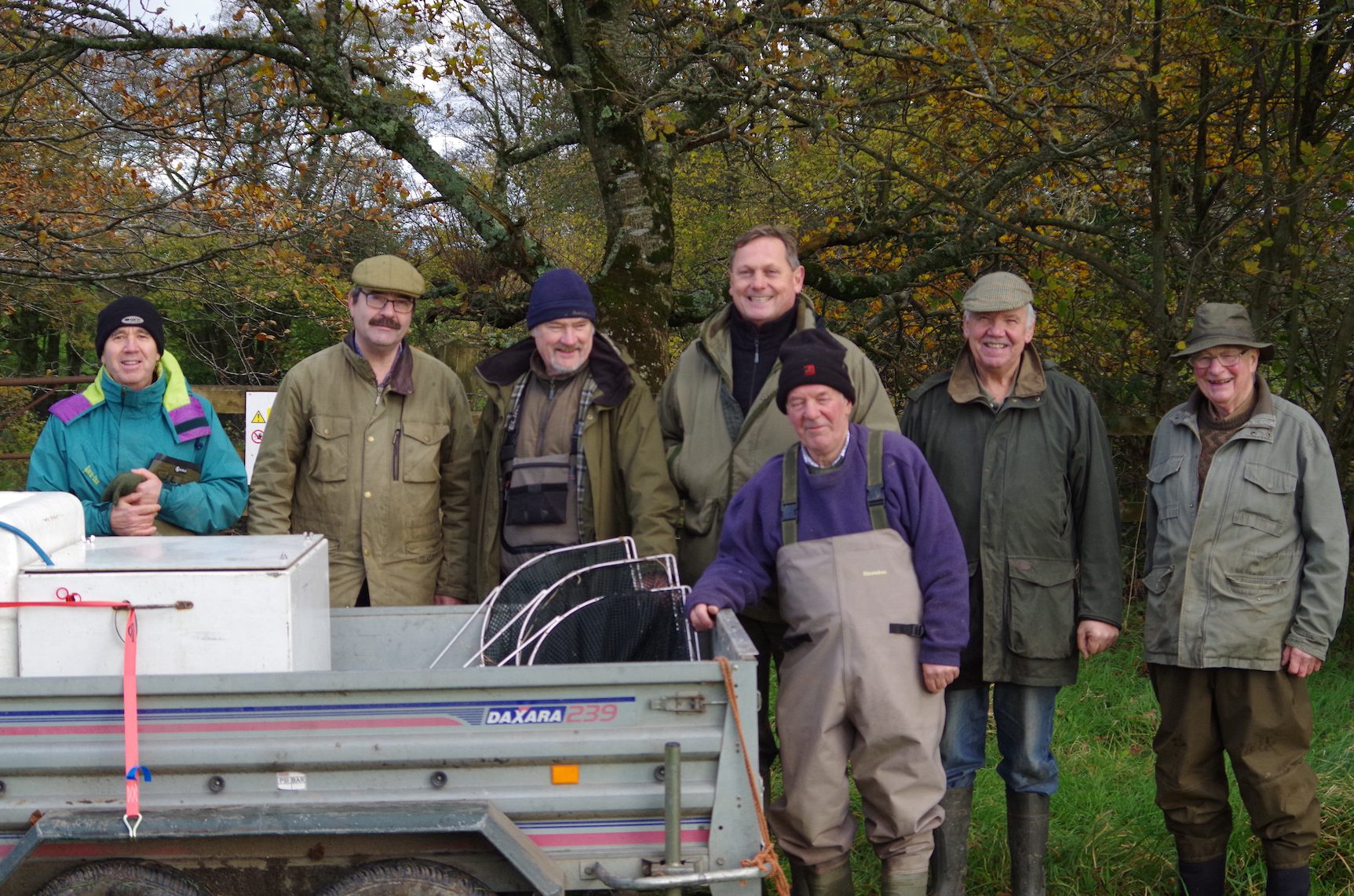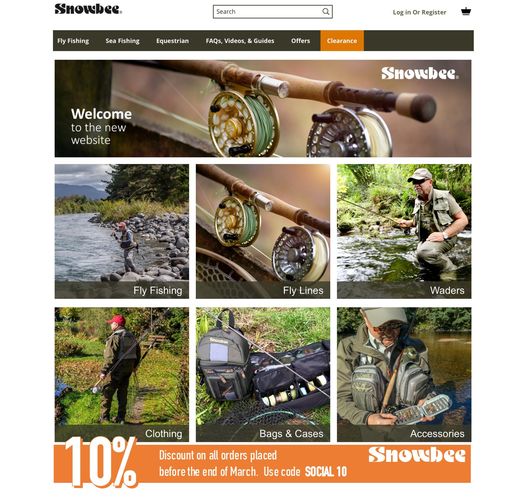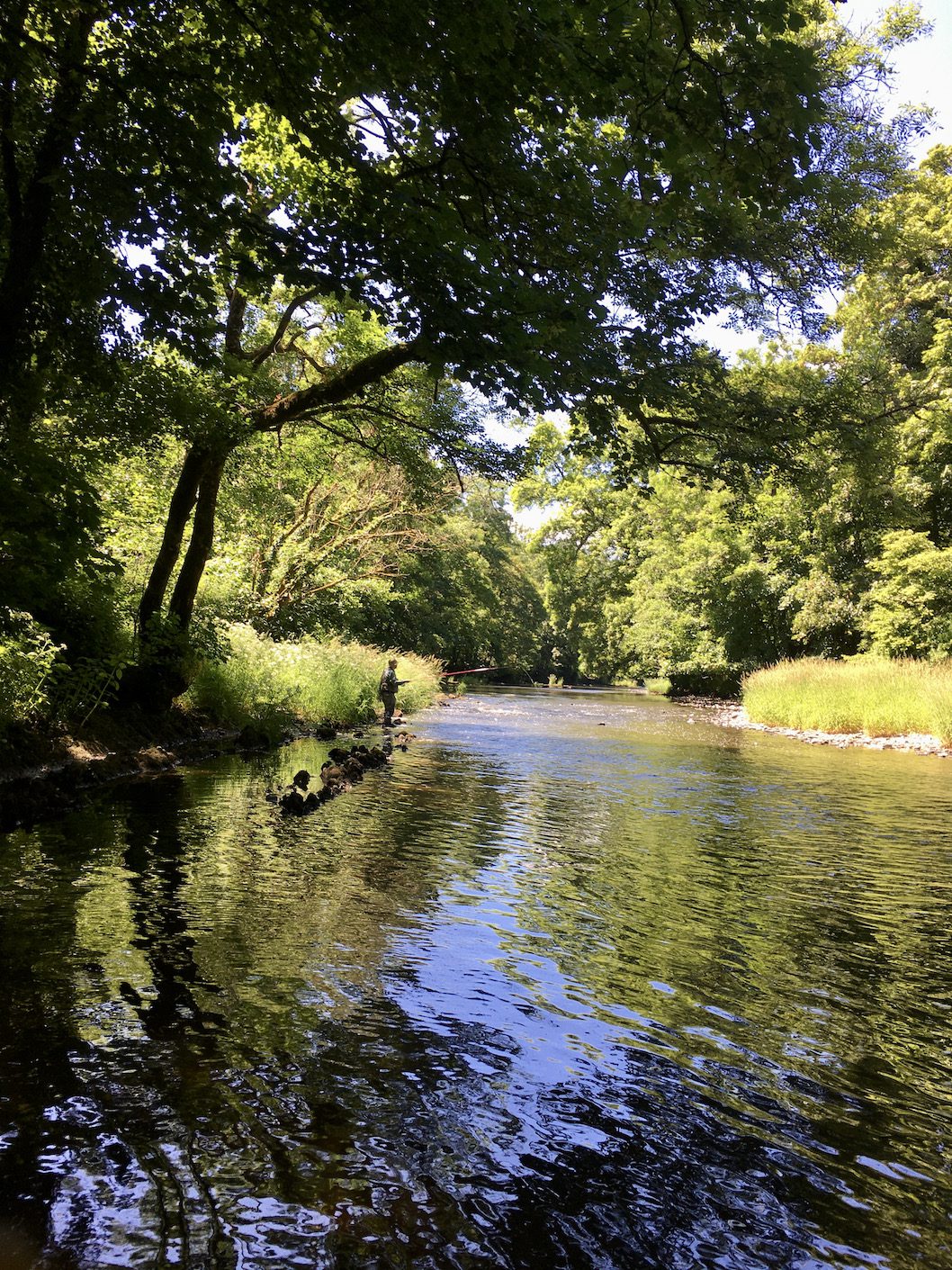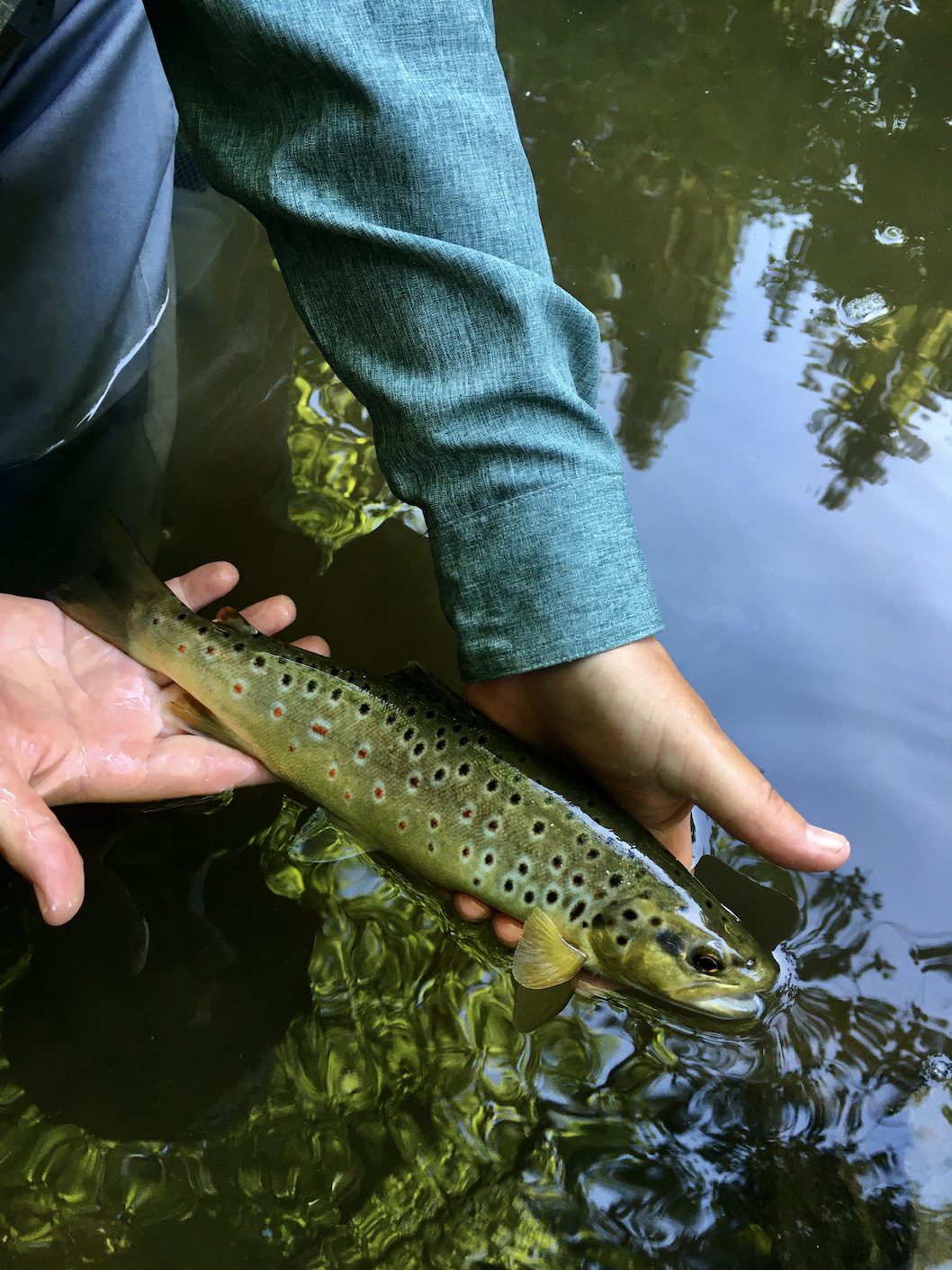 The River Torridge fishing community gathered at the Half Moon Inn at Sheepwash for the AGM of the River Torridge Fishery Association. Pauline and I always enjoy the twice yearly coming together of the membership for the AGM in the Spring and the annual fund raising dinner at the seasons close at the end of September.
The River Torridge fishing community gathered at the Half Moon Inn at Sheepwash for the AGM of the River Torridge Fishery Association. Pauline and I always enjoy the twice yearly coming together of the membership for the AGM in the Spring and the annual fund raising dinner at the seasons close at the end of September.
The Inn was reassuringly busy as we stepped inside the familiar bar where many members of the association were catching up on all the latest news. After half an hour of rekindling friendships and fostering new ones it was time to head the meeting room for the formal proceedings to begin.
As with many angling clubs the River Torridge Fishery Association’s officers are long standing stalwarts with Secretary and treasurer Charles Inniss and Chairman Paul Ashworth controlling the meeting with an ease born from long experience in their roles.
Thanks to Charles for the below summary:=
“Over 30 members attended the agm on Friday 24th March. The Chairman announced that for personal reasons the North Devon Fishery Protection Officer had been transferred to work nearer his family home. The EA were currently interviewing for a replacement to the vacancy. The EA proposals for the mandatory release of salmon throughout the season had been deferred for twelve months. Members were keen for the hatchery project to continue and several members offered their support. Izzy Moser gave an interesting and informative talk on the work of The Devon Wildlife Trust, particularly the pros and cons of the inevitable spread of beavers into the headwaters of the Torridge catchment. After the meeting The Half Moon provided an excellent buffet.”
I would suggest that any anglers who fish the Torridge join the association and help support sterling efforts to protect the river for future generations. Subscription is just £20 per year. For details visit their website http://www.rivertorridge.org.uk
The report from 2022 was very concerning with the drought conditions resulting in perhaps the worst salmon season in living memory. A total of 15 salmon were landed from the river all of which were returned.
Fortunately, as I write this the rivers are brimming full last summer’s drought seems long ago. However, Roadford Reservoir is still at only 62% and Colliford in Cornwall 47%. In the Spring of 2022 these reservoirs were close to 100%. It doesn’t take a genius to conclude that another drought summer would have serious consequences. There is concern that South West Water would be forced to consider abstracting from the regions rivers an act that would be devastating for the rivers eco systems. Discussion reflected upon the apparent lack of water resource planning with no significant reservoirs constructed since Roadford in 1989. A new reservoir takes many years to come into being with years of consultation, planning and construction my own estimate would be at least 25 years before a new reservoir could be completed. One has to question why with an increasing population and climate change at the top of the agenda this is not happening?
The Associations Hatchery has been an ongoing project that unites the membership. The past few seasons have seen the project stalled by COVID and issues with permissions from the EA ,largely around risk assessments and health and safety concerns. The committee are working hard to progress with significant help and expertise from within the angling community many of whom bring skills from their roles within society.

The decline in salmon and sea trout stocks is alarming and many feel that the hatcheries are the only hope for slowing this decline. The EA hatchery at Colliford is to be an integral part of the future plans to rear ova to swim up fry stage. This hatchery has the facilities to enable essential temperature control a major problem for salmonoids as global warming takes a hold.
It is of course essential that the habitat into which these future salmon are stocked is suitable. The Torridge faces many challenges with intensive farming resulting in pollution from sediment and nutrients and sewage discharge resulting in further issues with phosphate levels that promote algal growth.
The Torridge River Association are working closely with the Devon Wildlife Trust and the West Country Rivers Trust to seek solutions to many of the issues. Guest speaker Izzy Moser delivered an inspiring illustrated talk on projects to restore the river and the environment. These include slow the flow initiatives like leaky dams, meandering river courses, gravel introduction and creation of wild flower meadows and wetlands. The introduction of beavers was discussed with some concerns about their impact on fish migration and woodland.
https://www.devonwildlifetrust.org/northern-devon-natural-solutions
There was considerable interest in Citizen Science Monitoring to flag up any pollution incidents and to assess the ongoing health of the river. River Fly Monitoring has also proven to be a valuable tool in tracking keystone species. Data gathering is essential in tracking success in any projects in our rivers.
Invasive species are an ongoing concern with signal crayfish reported from several locations along the Torridge. Any sightings should be reported to the Devon Wildlife Trust.
A good news story on the Torridge is the healthy population of wild brown trout that were caught in good numbers last season with wild fish to over 4lb caught and released. Dry fly tactics also resulted in several good sea trout. With dwindling salmon numbers many feel that the future of the rivers angling very much lies with trout fishing that I hope to promote over the coming season.





